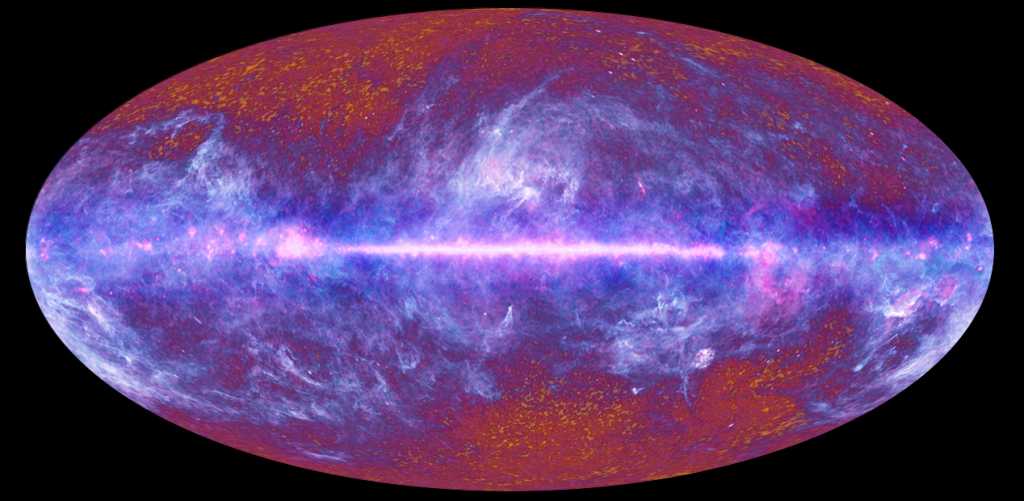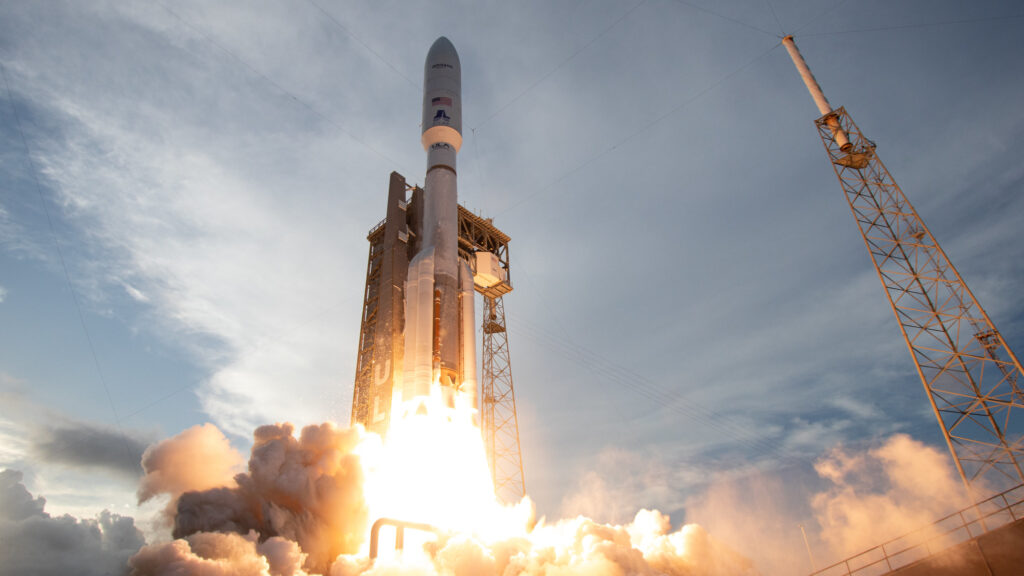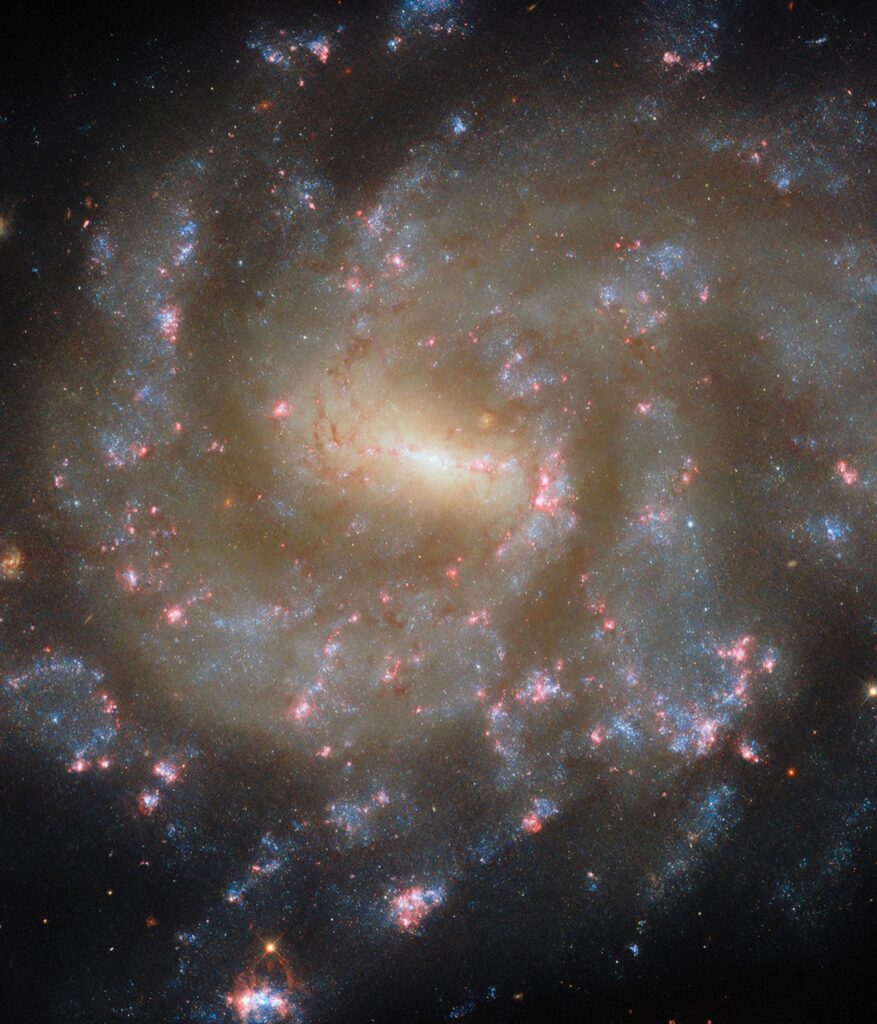A little spacecraft will have to wait a bit longer for its big lunar launch.
The CAPSTONE mission, short for “Cislunar Autonomous Positioning System Technology Operations and Navigation Experiment,” will now launch no earlier than June 6, NASA announced late last week (opens in new tab).
“We will continually evaluate the date for the first target launch attempt within the launch period, which extends to June 22,” agency officials wrote May 20, without providing specifics on why the launch was delayed.
Related: Rocket Lab and its Electron booster (photos)
This is the second recent delay for the mission, which was most recently targeted for May 31. The microwave-oven-sized spacecraft is scheduled to launch from New Zealand aboard a Rocket Lab Electron rocket with a Lunar Photon upper stage.
Once it gets to space, CAPSTONE will settle into a near rectilinear halo orbit (NRHO) around the moon, the same orbit that will be used by NASA’s forthcoming Gateway space station. The orbit is untested, so the cubesat will aim to verify its stability.

Related stories:
CAPSTONE plans to swing to within 1,000 miles (1,600 kilometers) of the lunar south pole at its closest approach. With Gateway, that should provide access for astronauts to land on the surface and explore potential zones of water ice within permanently shadowed craters, NASA officials have said.
At its most distant point from the moon, CAPSTONE will soar 43 times higher, to an altitude of 43,500 miles (70,000 km). But the orbit needs to be verified, as the moon has mascons (mass concentrations) that may perturb its stability.
Aside from testing the orbit, CAPSTONE will also assess spacecraft-to-spacecraft navigation and communications systems with NASA’s Lunar Reconnaissance Orbiter, which has been circling the moon since 2009. CAPSTONE was originally supposed to launch in 2021, but COVID-related issues pushed back the opportunity.
Follow Elizabeth Howell on Twitter @howellspace (opens in new tab). Follow us on Twitter @Spacedotcom (opens in new tab) and on Facebook (opens in new tab).


